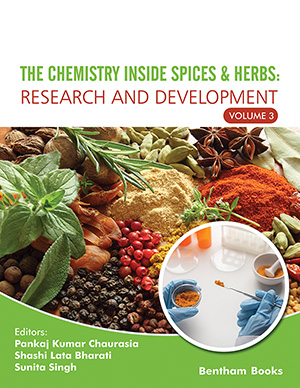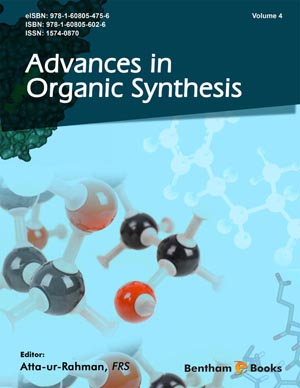Abstract
Ocimum is a well-known genus accepted for various ethnopharmacological
benefits worldwide. The Tulsi plant is abundant globally; and falls under the Ocimum
species. Earlier, numerous species relevant to the Ocimum genus have been identified
and cultivated in various parts of the world. Leaves of Ocimum contain 0.1% of
essential oils, which are composed of eugenol, citral, ursolic acid, carvacrol, linalool,
limatrol, caryophyllene, camphor, and estragole while fatty acids and sitosterol are
present in the volatile oil of seed. Eugenol is responsible for its potential effect. The
ethnopharmacological aspects of Ocimum species have been reported as antimicrobial,
antimalarial, anthelmintic, anti-mosquito agents, anti-diarrheal, anti-oxidant, anticataract, anti-inflammatory, chemo, and radioprotective, antiseptic drugs, cardioprotective, anti-diabetic, anti-hyperlipidemic, anti-hypertensive, anti-cancer, pain killer,
antiallergenic, antidepressant, memory boosting drugs, antiasthmatic, cough
suppressant, diaphoretic, anti-thyroid, anti-fertility, spasmolytic, anti-arthritic, herbal
pharmaceuticals, anti-anxiety, and blood thinning activities. In the previous studies,
Tulsi has reported the potential effect against cellular toxicity caused by insecticides
and industrial chemicals, which is the subject of attention. In this chapter, the author
will explore the pharmacological and chemical paradigms of Tulsi that are present
globally.
Keywords: Essential oil, Ocimum, Pharmacological effect, Tulsi.






















